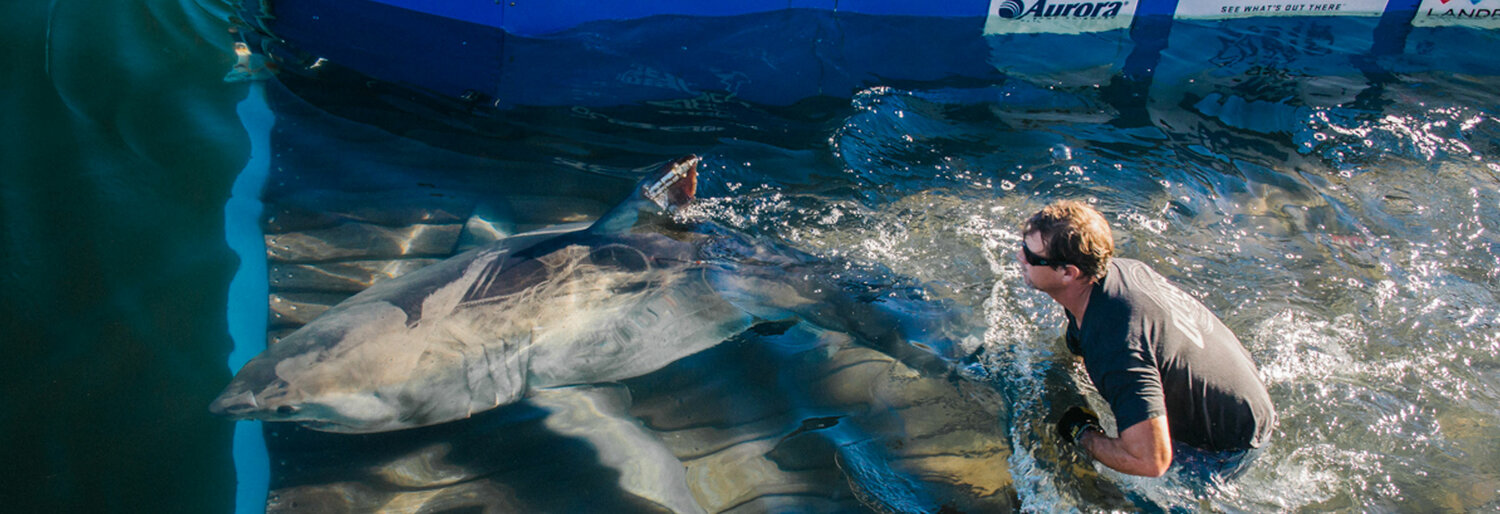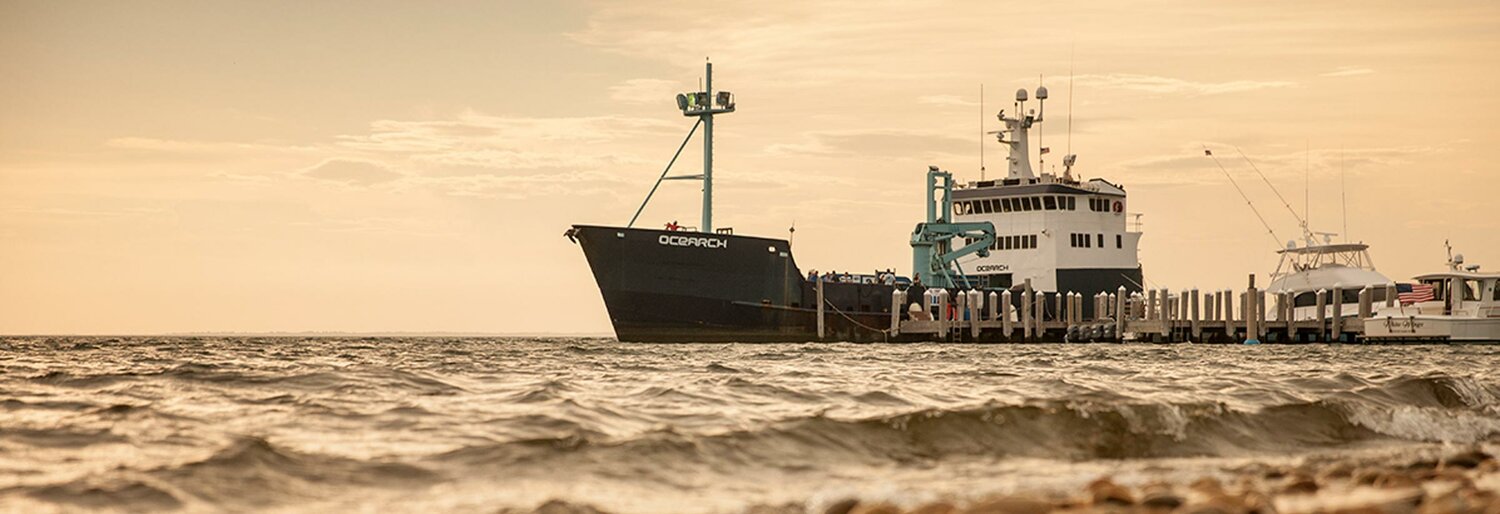Shark Research Center Coming to Mayport
Last week we took our friend Sage, who was visiting from Austria, boating around Amelia Island. As we approached Egans Creek bridge, we witnessed a firetruck and two ambulances headed for the boat ramp. Come to find out, local charter Captain Benny Hendrix had been bitten by a shark while trying to remove the hook from its mouth.
I have observed Captain Benny Hendrix fish since he was a teenager. When I worked at Jacksonville University as a marine biologist, we were present at all large fishing tournaments in Northeast Florida and Southeast Georgia. It was our job to collect data and tissue samples of fish weighed in at each tournament. It was also our job to make sure fishermen do not cheat (this will be the subject of a future article). Young Benny Hendrix weighed in fish at each tournament. I watched this kid fish for over a decade.
In the summer of 1975, I was a teen who loved to fish, too, and I took advantage of every opportunity to do so. My good friend Jackie and her older brother Terry fished from the Jacksonville Beach pier on a regular basis. Jackie and I would fish with Terry as often as he would allow us to tag along.
During the summer months, Terry would take us fishing. We packed our gear, stopped for bait and boiled peanuts, then headed to the pier. Jackie and I rode in the back of Terry’s pickup truck to the beach. It was not against the law to do this in those days.
Back then, Terry was an avid shark fisherman. He knew that using a large beef roast as bait would always bring in a shark. Terry paid a local surfer $5 to paddle the bait out as far as he could before dropping it in the ocean. It was great fun to fish, eat boiled peanuts and wait for a shark to take the bait. I never witnessed anyone getting hurt, not even the surfers who paddled large hunks of raw meat out to sea.
Then, in July 1975, I went to the theater and saw the movie “Jaws.” Oh boy, my eyes opened as wide as the jaws of the shark in the movie. Holy shark, I was nervous about going in the ocean for months after seeing that movie.
I told all this to Sage, my friend from Austria. I asked him if he had ever heard of the movie “Jaws.” He replied no. That night, I made popcorn, and we streamed the original “Jaws” movie. He loved it. He thought it was suspenseful and spellbinding. I looked at the date the movie was originally released and was shocked to discover it was 50 years ago this month that “Jaws” first appeared in the theater. Wow, where does time go? How did 50 years pass so fast?
After seeing the movie, I introduced Sage to OCEARCH. OCEARCH is a global non-profit organization conducting shark research worldwide. Their mission is “to accelerate the ocean’s return to balance and abundance through fearless innovations in critical scientific research, education, outreach, and policy using unique collaborations of individuals and organizations in the U.S. and abroad,” according to their website.
Since 2017, OCEARCH has called Jacksonville University its academic home. In a recent press release, OCEARCH announced it has “conducted 45 global expeditions and helped advance research projects involving more than 90 academic bodies, including a dozen public and private institutions in Florida. This work has resulted in more than 80 peer-reviewed scientific publications, including one of the largest studies ever published on white sharks, authored by Jacksonville University researcher and Interim Director of the Marine Science Research Institute Dr. Bryan Franks and his OCEARCH colleagues.”
Also, the press release announced “after generous contributions from the City of Jacksonville and the State of Florida, and in partnership with Jacksonville University, the OCEARCH Global Headquarters is moving to Mayport, Florida. The headquarters will serve as the hub for OCEARCH’s collaborative research efforts, experiential education programs, and vessel operations.” According to OCEARCH, programming will be centralized around three pillars:
- Educate students and the public alongside research scientists.
- Inspire visitors around the world to learn more about why Florida's coastline is so important for white sharks, fisheries, and the blue economy
- Enable collaborative, original scientific research; data-centric policy recommendations for marine affairs; and, marine rescue programs for protected species.
OCEARCH’s new dock and the home of the M/V OCEARCH is complete, and the team is set to break ground on their new Mayport headquarters building in late 2024.
Back in 2012, I ran into the OCEARCH research vessel in New Bedford, Massachusetts. I was able to tour the vessel and talk with crew members. I have been following its activities since that encounter. I am thrilled their new home will be in Mayport and that they will continue to partner with Jacksonville University. I know many future marine science students are going to have a great time working on this project.
And I am super happy to hear Captain Benny Hendrix will be okay after his battle with a local shark.









